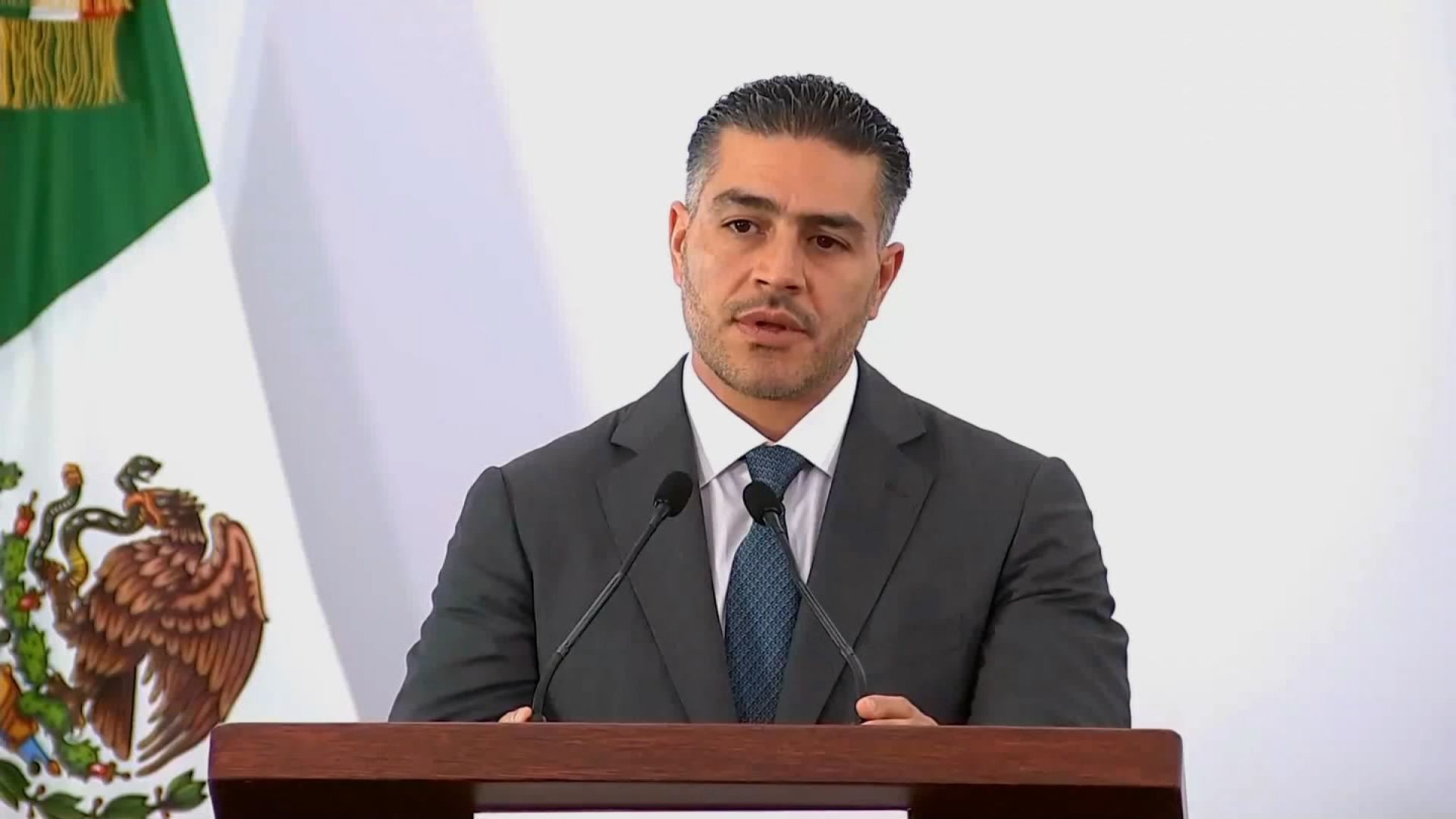Unraveling the Transfer: Why Mexico Extradited 29 Prisoners to the U.S.
The recent extradition of 29 prisoners from Mexico to the United States has sparked widespread interest and debate. This significant move raises important questions about international law, diplomatic relations, and the ongoing struggle against organized crime. Understanding the motivations behind this extradition is crucial for grasping the broader implications for both nations involved.
The Context of the Extradition
Extradition is a legal process whereby one country formally surrenders an individual to another country for prosecution or punishment for crimes committed. The recent transfer of 29 prisoners from Mexico to the U.S. is not just a routine legal procedure; it reflects a complex interplay of political, social, and legal factors.
In recent years, Mexico has been grappling with unprecedented levels of violence attributed to drug cartels and organized crime. The Mexican government has made significant efforts to combat this issue, and extraditing high-profile criminals to the U.S. is seen as part of a broader strategy to address these challenges. By cooperating with the United States, Mexico seeks to demonstrate its commitment to combating drug trafficking and organized crime, which remain rampant in various regions of the country.
Motivations Behind the Extradition
The decision to extradite 29 prisoners is rooted in several key motivations:
- Strengthening Bilateral Relations: The extradition serves to strengthen diplomatic ties between Mexico and the U.S. Both countries share a vested interest in combating drug trafficking and organized crime. By cooperating on legal matters, they can foster a sense of trust and partnership.
- Legal Accountability: Many of the individuals extradited have been accused of serious crimes, including drug trafficking, money laundering, and violent offenses. The U.S. legal system offers a different framework for prosecution, which may lead to more effective accountability. Mexico’s government aims to show its commitment to justice by allowing the U.S. to handle these cases.
- Deterrent Effect: The act of extraditing criminals sends a strong message to those involved in organized crime. It demonstrates that no one is above the law, and that Mexico is willing to take decisive action against criminal enterprises.
- Resource Constraints: Mexico’s judicial system has often been criticized for its inefficiencies and corruption. By extraditing high-profile criminals, Mexico can alleviate some of the burdens on its own legal system while ensuring that these individuals are prosecuted in a jurisdiction with more resources dedicated to such cases.
Implications for Mexico and the United States
The extradition of these prisoners carries significant implications for both Mexico and the United States, touching on various aspects of law enforcement, international relations, and public safety.
For Mexico:
- Political Capital: The Mexican government can leverage this extradition as a political victory, showcasing its dedication to fighting crime and corruption. It may enhance the reputation of current leaders and reassure citizens concerned about safety.
- Judicial System Reform: The move could catalyze further reforms within the Mexican judicial system. As the government seeks to enhance its capabilities to deal with crime, this extradition may lead to increased investments in law enforcement and judicial processes.
- Challenges Ahead: Despite the positive aspects, Mexico faces ongoing challenges in terms of violence and crime. Extraditing criminals does not eliminate the root causes of these issues, such as poverty, lack of education, and systemic corruption.
For the United States:
- Enhanced Cooperation: The extradition reinforces the importance of cooperation between the U.S. and Mexico in addressing cross-border crime. It may pave the way for future collaborative efforts in law enforcement and intelligence sharing.
- Judicial Outcomes: The U.S. legal system will now process these individuals, which could lead to significant sentences and a potential deterrent effect on others involved in similar criminal activities.
- Public Safety: Extraditing dangerous criminals is essential for maintaining public safety in the U.S. The transfer of these individuals demonstrates the U.S. commitment to ensuring that those who commit crimes are held accountable, regardless of where they are apprehended.
Public Reaction and Media Coverage
The extradition has garnered considerable media attention, with various perspectives emerging from both sides of the border. In Mexico, there is a mix of approval and skepticism. Many citizens appreciate the government’s efforts to combat crime, while others are wary of the potential for violence as criminal organizations retaliate against these actions.
In the U.S., the extradition has been largely viewed positively, especially among those advocating for tougher measures against drug trafficking and organized crime. However, there are concerns about the fairness of the judicial process that these individuals will face, particularly regarding issues of due process and treatment in U.S. prisons.
Future Prospects and Conclusion
The extradition of 29 prisoners from Mexico to the United States represents a significant step in the ongoing battle against organized crime and drug trafficking. It highlights the complexities of international law and the necessity for robust diplomatic relations between neighboring countries.
As both nations navigate the challenges posed by crime, it is essential to recognize that collaboration is key. The extradition serves as a reminder that while the road ahead may be fraught with difficulties, cooperation and commitment to justice can yield positive outcomes.
Looking forward, it will be interesting to see how this event shapes future extradition policies and international relations between Mexico and the U.S. The hope is that this bold move will not only lead to justice for victims of crime but also foster a safer and more stable environment for citizens on both sides of the border.
See more BBC Express News

